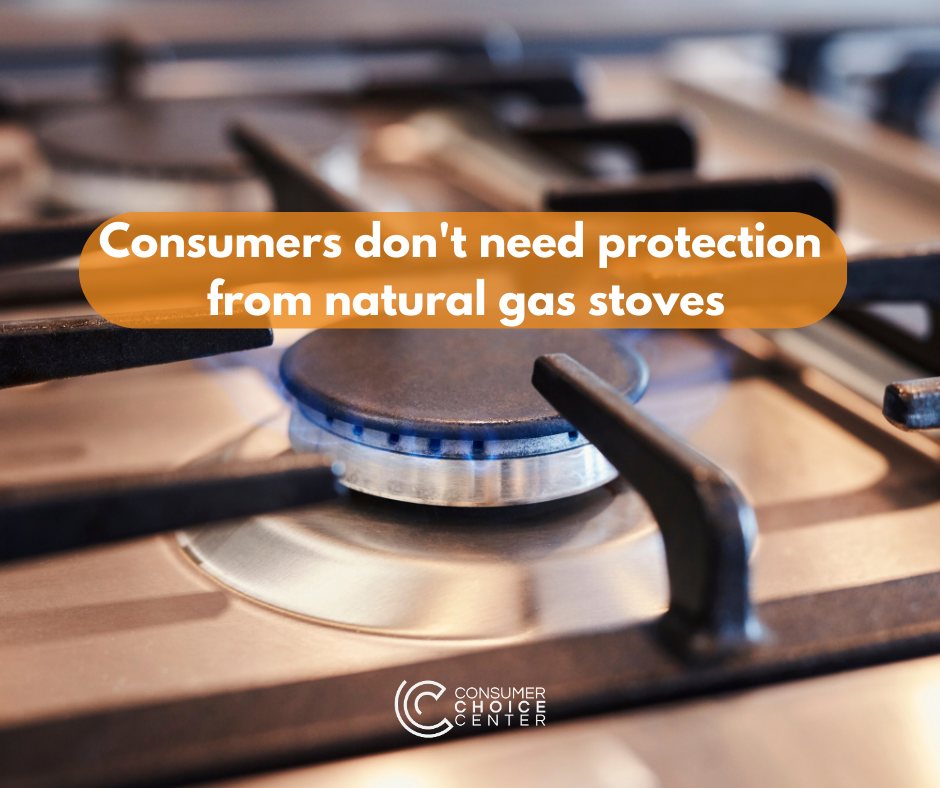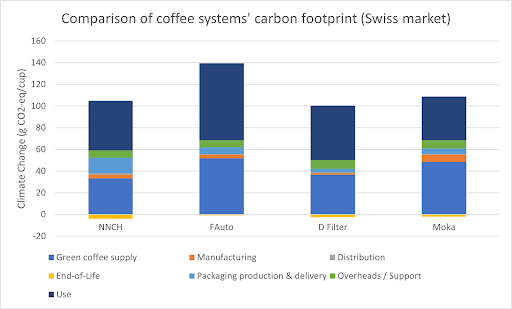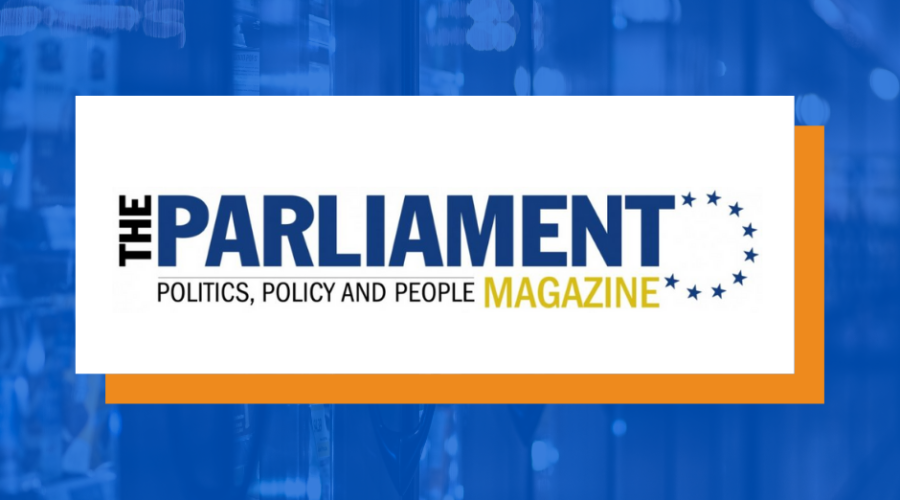Pool-sharing is the latest target of regulators trying to shut down the sharing economy
Summer is coming. For Americans looking to beat the heat, have some fun and take a swim, new options are becoming available thanks to innovations in the sharing economy. Most people have heard of Airbnb by now, a service that allows users to find a place to stay in a privately-owned residence. Now you can do the same thing for pools, thanks to apps like Swimply. If you don’t have your own backyard pool or can’t shell out on average $500 per season to access a private community pool, Swimply makes it infinitely more affordable for families and individuals by allowing them to connect with a homeowner who rents out their pool on an hourly basis.
Rates average between $45 to $75 on Swimply. Not a bad deal if you’re just looking to host a one-off event or have a few poolside relaxation days each year.
Whether it’s a work-from-home father who needs to get the kids out of the house on a warm day or a busy mom planning to host friends and family for a graduation party, Swimply adds private pools, hot tubs, private tennis, and pickleball courts to their list of choices for entertaining. There’s even been new innovation in the sharing of backyards so that dogs can have more off-leash playtime and exercise, thanks to an app called Sniffspot. Anyone with a dog and experience with public dog parks knows the incredible risk, as well as the benefits, of visiting a packed-out dog park. Starting this year, Uber will support peer-to-peer car-sharing, unlocking new value for car owners who might want to loan their car out when it’s not in use.
These are exciting new services for consumers.
So naturally, killjoys are making their move to regulate these services out of existence and eliminate choices for individuals looking to access pools and greenspace. The debate over Swimply has gotten particularly hot in one of the wealthiest counties in America, the D.C. suburb of Montgomery County, Maryland, where a handful of residents are complaining of additional traffic and noise in their neighborhoods.
Montgomery County councilmember Will Jawando has already put forward a bill requiring registration of backyard pools that are being rented out, along with additional taxes plus a $150 licensing fee. If the county follows the lead of other localities frustrated with pool-sharing, they’ll saddle homeowners with the same health code regulations faced by public pools, enforced by local health code departments.
What’s at issue here is not new in the slightest, thanks in large part to Airbnb’s success in advancing the common sense idea that homeowners maintain the right to earn additional monthly income by sharing their property with others, if they so choose. One Swimply user who spoke to WUSA 9 in Washington, D.C. spoke of how her husband had to close his business during COVID. The pool-sharing app allowed them to make up some of that lost income to weather the pandemic.
Regardless of whether or not there’s a crisis, consumers should have a right to communicate with other members of their community and offer compensation for using private property. No one bats an eye at benevolent homeowners sharing their space regularly with friends and acquaintances. We’ve all been the beneficiary, at some point, of the kindness of a friend who was willing to share access to their vacation home or pool. Why shouldn’t that person also be free to secure supplemental income with that property as well?
Whereas Airbnb and Uber had very clear opponents in established industries, such as the $4B hospitality sector and that of taxi cabs, the calls to crack down on Swimply appear to be plain old NIMBYism wrapped in rhetoric about public safety. NIMBYs (Not In My Back Yard) have a knack for reframing their hostility to choice as that of a safety concern. In Business Insider, one resident speaking against Swimply said, “I have nothing against these individuals fortunate enough to be able to pay $60 and up an hour to use a private pool, but this activity has greatly compromised our neighborhood. It is a tremendous nuisance.” She goes on to argue that these apps are unsafe for paying guests who don’t follow safety guidelines.
It’s understandable to have concerns about a steady influx of strangers next door, but hiding behind the worry that someone’s guests may dive in the 4-foot deep section of a private pool is hardly the business of neighbors or regulators. Insurance markets will almost certainly have something to say about pool-sharing, as is their prerogative.
Pool-sharing is just the latest addition to the growing network of peer-to-peer services that brought so much flexibility, fun and adventure to the modern economy. It certainly won’t be the last. When it comes to the sharing economy, more is always better, and the availability of various services ensures consumers always have plenty of choices wherever they go, and whatever they’re doing.













